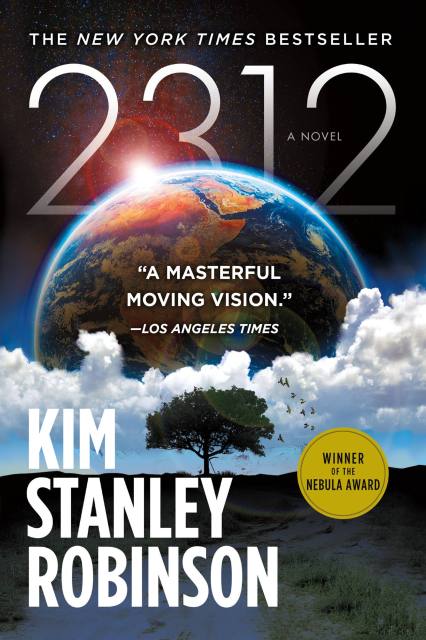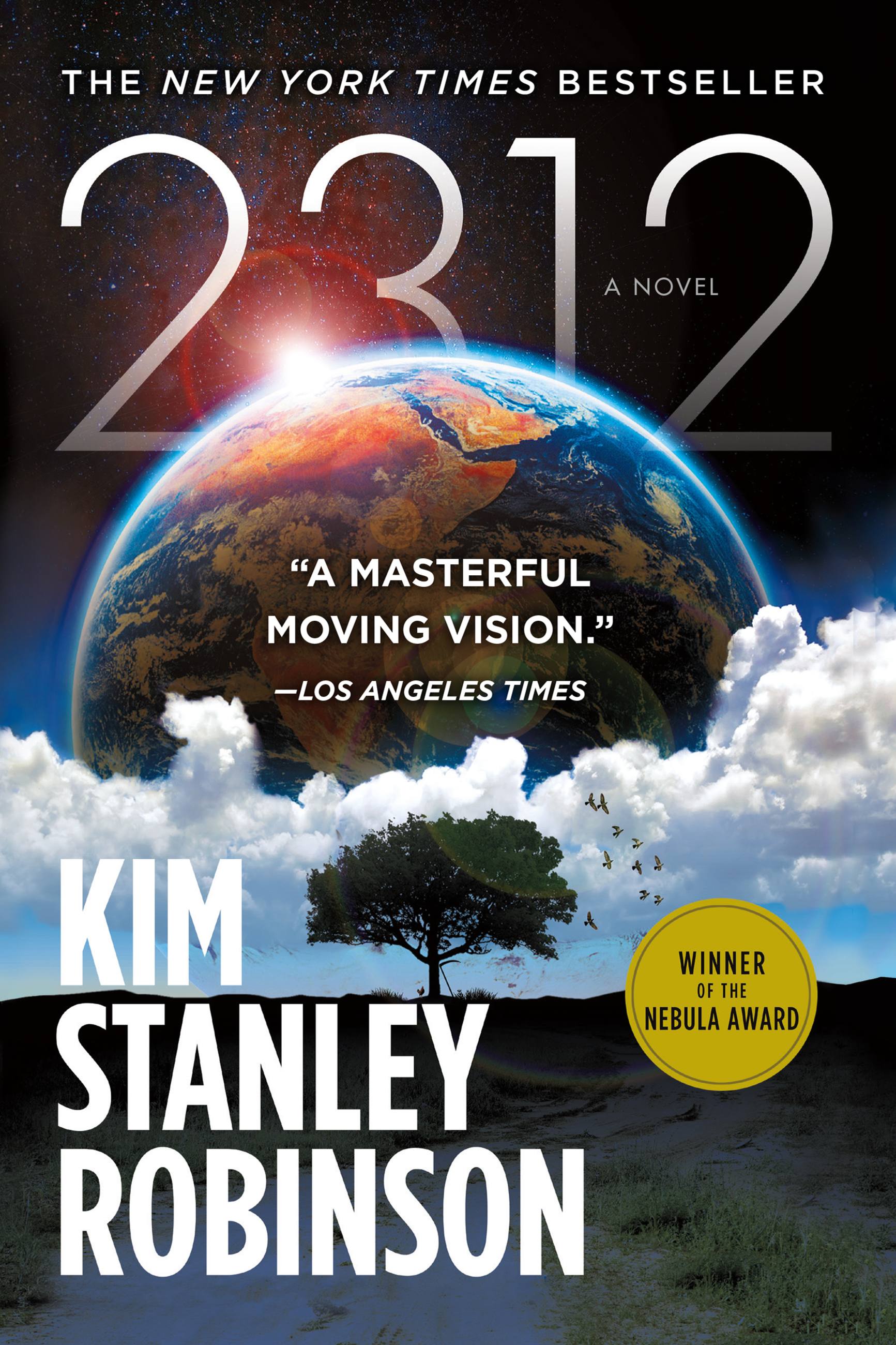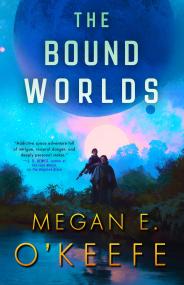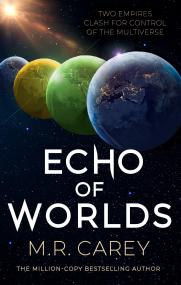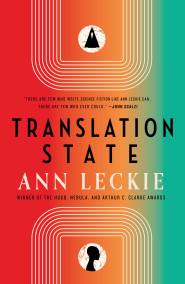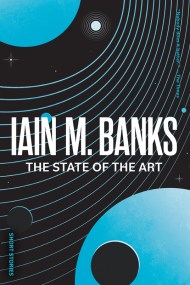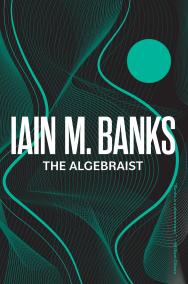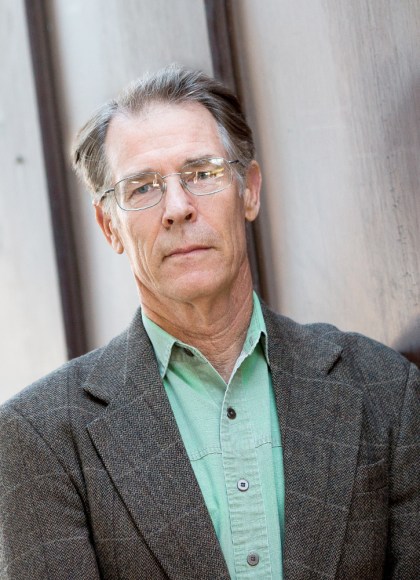2312
Contributors
Formats and Prices
Price
$8.99Price
$11.99 CADFormat
Format:
- ebook $8.99 $11.99 CAD
- Audiobook Download (Unabridged) $38.99
- Trade Paperback $19.99 $24.99 CAD
This item is a preorder. Your payment method will be charged immediately, and the product is expected to ship on or around May 22, 2012. This date is subject to change due to shipping delays beyond our control.
Also available from:
The year is 2312. Scientific and technological advances have opened gateways to an extraordinary future. Earth is no longer humanity’s only home; new habitats have been created throughout the solar system on moons, planets, and in between. But in this year, 2312, a sequence of events will force humanity to confront its past, its present, and its future.
The first event takes place on Mercury, on the city of Terminator, itself a miracle of engineering on an unprecedented scale. It is an unexpected death, but one that might have been foreseen. For Swan Er Hong, it is an event that will change her life. Swan was once a woman who designed worlds. Now she will be led into a plot to destroy them.
-
"A magnificent achievement...hugely imaginative and beautifully written."Booklist (Starred Review) on 2312
-
"2312paints an absolutely credible and astonishingly beautiful picture of the centuries to come, of the sort of schism and war, the art and love, the industry and ethics that might emerge from humanity going to space without conquering it and without solving all its problems."Boingboing
-
"Robinson's extraordinary completeness of vision results in a magnificently realized, meticulously detailed future in which social and biological changes keep pace with technological developments."Publishers Weekly
-
"Intellectually engaged and intensely humane in a way SF rarely is, exuberantly speculative in a way only the best SF can be, this is the work of a writer at or approaching the top of his game."Iain M. Banks
-
"2312 is a monumental tour-de-force that re-imagines the solar system in ways no one has envisioned before. Whether comparing the compositions of Beethoven to those of skylarks and warblers, or describing a life-threatening sunrise on Mercury, Robinson fills 2312 with joy and exuberance, danger and fear, and the steadily mounting suspense of a mystery that spans the planets. This is the finest novel yet from the author who gave us the Mars Trilogy and GALILEO'S DREAM. An amazing accomplishment."Robert Crais
-
"Inherently epic stuff... expect interplanetary strife, conspiracies, more big ideas than most SF authors pack into a trilogy... [yet] this is ultimately in so many respects a book about Earth... a wise and wondrous novel"SFX
-
"Beautifully written and with strong mental imagery"SciFi Now
-
"A feast for the imagination and intellect - shockingly clever"Sun (UK)
-
"A brilliant, plausible account of how humans might colonize planets, moons and asteroids, 2312 is also about the future of art and family."NPR Books
-
"This is a grand tour of an intensely imagined interplanetary future of modified human beings, terraformed planets, experiments in economics and sociology and hundreds of other delights. All of it is in Robinson's eloquent, enthusiastic and inimitable prose"Morning Star (UK)
-
"In his vibrant, often moving new novel, "2312," Robinson's extrapolation is hard-wired to a truly affecting personal love story. [...] Perhaps Robinson's finest novel, "2312" is a treasured gift to fans of passionate storytelling; readers will be with Swan and Wahram in the tunnel long after reaching the last page."LA Times
-
"An sf masterpiece."Library Journal
- On Sale
- May 22, 2012
- Page Count
- 576 pages
- Publisher
- Orbit
- ISBN-13
- 9780316192804
Newsletter Signup
By clicking ‘Sign Up,’ I acknowledge that I have read and agree to Hachette Book Group’s Privacy Policy and Terms of Use
